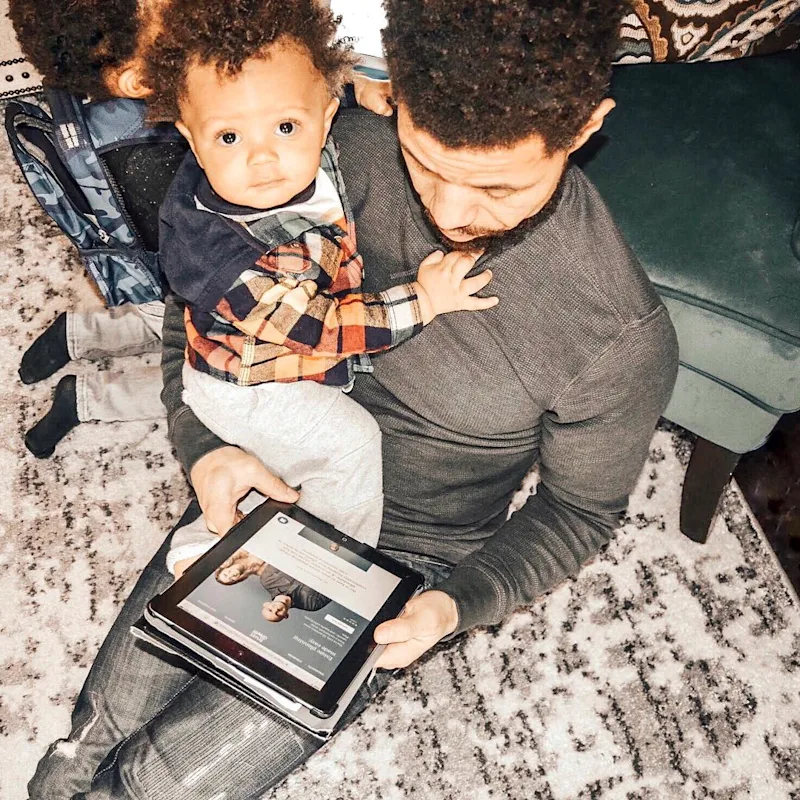
Death Certificates - What Are They & Why Do You Need Them?
If you are dealing with the passing of a loved one, it is certain that a death certificate will be involved. Here's what you need to know about them.

By Staff Writer
Trust & Will
After an individual passes away, a death certificate will be issued by the government declaring the event. Obtaining copies of death certificates is a necessary but rarely discussed part of the Estate Management process. Loved ones will need certified copies of this document to begin managing financial and legal affairs on behalf of the deceased. It is important to understand where you will be required to provide this documentation, and how to request additional certificates. Keep reading to learn more about how and why death certificates are used:
What Is a Death Certificate?
A death certificate is an official document issued by the government stating the time, place, and cause of death of an individual. Death certificates serve as proof of an official death for legal purposes and are used to close the Estate of the deceased. They are also used by the government to track vital statistics on the population.
The process of issuing death certificates in the United States dates back to the 1700’s, with initial records being kept by religious institutions and town clerks. Death certificates as we know them today appeared in the 1900’s and were formalized through the passage of the Public Health Service Act in 1944. This legislation allows the government to keep accurate records of births, deaths, pregnancies, marriage, and divorce rates in the U.S.
Why Do You Need a Death Certificate?
You need a death certificate to provide official documentation of a deceased person's cause of death. Not only are death certificates crucial for public records, but they are also required before you can arrange a burial or cremation. Further, if you are the Executor of the Estate you will need to provide copies of the death certificate to begin managing their financial affairs.
You should generally request between five and ten certified copies of the death certificate. They will be required for the following situations:
Burial and cremation providers will request a copy of the death certificate before they can dispose of the deceased.
Banks and financial institutions must verify the death before granting the Executor of the Estate or another close relative access to financial accounts and assets.
The death certificate must be provided to transfer ownership of vehicles, real estate, and other property.
If there is an ongoing investigation into the death of an individual, government officials will need the death certificate with the official cause of death listed.
Death certificates are required to file life insurance claims.
If your spouse passes away, you will need to submit the death certificate to keep receiving pension or Medicaid benefits.
You will need to notify creditors or mortgage lenders with an official copy of the death certificate.
Who Provides the Original Death Certificate?
The original death certificate is prepared by a county medical examiner, coroner, or certified physician. After verifying personal information with a relative, the initial provider will file the certificate with the vital records office at the state health department. A government official will then review the information and provide an official government seal.
Who Can Obtain a Death Certificate?
You can obtain a death certificate if you are the spouse, legal representative, parent, child, or sibling of the deceased. When requesting an official copy you will likely need information proving your relationship to the deceased, such as a marriage license or birth certificate. Legal representatives will need to supply documentation providing they act on behalf of the deceased.
In some states, death certificates are considered public record and are available to anyone. Look up the laws in your state for the exact information required to obtain a death certificate. In Arizona and Florida, anyone over the age of 18 can request a certified copy. Other states, such as California, will only provide unofficial copies of death certificates to nonrelatives.
How Long Does It Take to Get a Death Certificate
It can take anywhere from two to four weeks to get an official death certificate. While the initial filing must occur within 72 hours of the death, there are several administrative steps required to verify the deceased’s information. The process begins when the coroner or medical examiner consults with a spouse or relative to verify personal information including the social security number, birth date, and more.
After this step, the coroner will submit the document to the vital records office and relevant funeral home. There are several factors that can impact the timing of this process, such as your state’s filing services (paper vs. online). Legal concerns can also extend how long it takes to obtain a death certificate, for example if there is an ongoing investigation into the cause of death.
How to Get a Death Certificate
There are a few different ways to get a death certificate, including through the funeral home, local records office, or a third-party website. The most common method is typically by requesting certified copies from the funeral home you are working with. The funeral home staff will make requesting copies as seamless as possible, so you can focus on other things.
You can also request a death certificate through your state or county vital records office or a government endorsed website. You will likely need to provide a government-issued photo ID to verify your identity and any additional documentation proving your relationship to the deceased. However, the exact steps for obtaining a death certificate will be different depending on where you live.
How to Get a Death Certificate By State
The laws surrounding death certificates and who can request them vary by state. However, death certificates are still required to take care of time-sensitive responsibilities no matter where you are located. It is crucial to know how and where you can receive adequate copies so you can begin managing affairs for the deceased.
Each state has its own verification process for issuing official death certificates. For example, in Montana anyone can request a certified death certificate as long as they provide two forms of identification and a viable reason why they need the copies. North Carolina, on the other hand, only provides certificates to proven relatives or legal representatives. Check out this resource from Everplans to look up the laws and requirements in your state.
No one wants to think about paperwork during the grieving process, but unfortunately it is necessary to obtain a death certificate after a loved one passes away. These government-issued documents are required to arrange a burial, close financial accounts, and more on behalf of the deceased. While regulations are set on a state level, you should be prepared to provide an ID and proof of your relationship to receive certified copies of a death certificate. This will help ensure you can spend less time worrying about papers and more time focusing on your family. Is there a question here we didn’t answer? Reach out to us today or Chat with a live member support representative!
Related Topics:
Last updated: October 21, 2025



